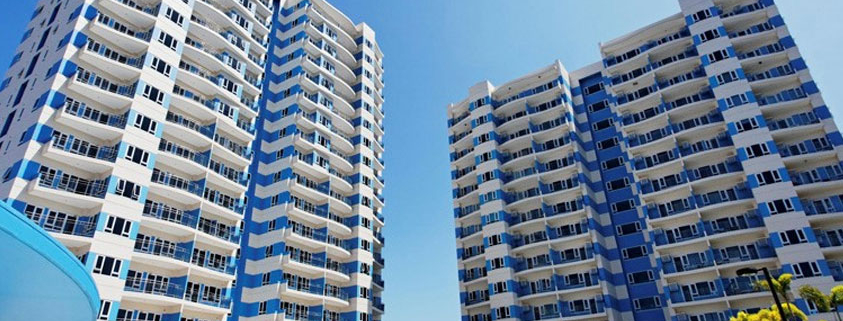Surfside Towers Collapse contributed by yellow banana owners?
We see some of the same decisions made year after year by some local Condominium boards. Whatever we do this year, let’s not raise our owners’ Assessments over last year’s amount. Usually, in such buildings, the reserves have been woefully underfunded with the owners opting to partially or fully waive the funding of Association reserves. This is the easiest way to keep the annual assessments from raising each year. If a necessary building repair expense arises, they can always special assess for that. These are typically older buildings with an older population of owners who are hoping to sell or die before any hefty assessments will come do. We call this the yellow banana crowd. In these buildings, the Directors see that they better not increase the assessments or they will be voted off the board.
In other buildings you have the usually younger, green banana folks, who want to live in their units for many years and want to keep their building in tip top shape so that their investment grows nicely and are willing to pay increasing annual assessments to do so.
The current law easily permits the conduct of the yellow banana owners and directors. Section 718.112(f)2.a., Florida Statutes provides that: “In addition to annual operating expenses, the budget must include reserve accounts for capital expenditures and deferred maintenance. These accounts must include, but are not limited to , roof replacement, building painting, and pavement resurfacing, regardless of the amount of deferred maintenance expense or replacement cost, and any other item that has a deferred maintenance expense or replacement cost that exceeds $10,000. The amount to be reserved must be computed using a formula based upon estimated remaining useful life and estimated replacement cost or deferred maintenance of each reserve item. The association may adjust replacement reserve assessments annually to take into account any changes in estimates or extensions of the useful life of a reserve item caused by deferred maintenance. This subsection does not apply to an adopted budget in which the members of an association have determined, by a majority vote a duly called meeting of the association, to provide no reserves or less reserves than required by this subsection.”
In taking the “optional” vote to reduce reserves or have no reserves, Section 718.111(f)4., Florida Statutes provides that the proxy question for the membership vote must say “in capitalized, bold letters in a font size larger than any other used on the face of the proxy ballot: WAIVING OF RESERVES, IN WHOLE OR IN PART, OR ALLOWING ALTERNATIVE USES OF EXISTING RESERVES MAY RESULT IN UNIT OWNER LIABILITY FOR PAYMENT OF UNANTICIPATED SPECIAL ASSESSMENTS REGARDING THOSE ITEMS.”
From reading various reports about Surfside Towers, apparently after many years of putting off building structural repairs even after engineer warnings, the building’s board was finally levying special assessments to cover over 15 million dollars in building repairs. This was, it appears now in hindsight, too little and much too late.
Association board, especially in older buildings, should take Surfside Towers as a wake-up call and start budgeting adequately for expected future repairs. Nobody likes rising assessments year after year, but you can’t just keep kicking the can down the road. Directors have a fiduciary (similar to paternalistic) duty to the owners to properly maintain the common elements of the building. The board has the duty to prepare a fully funded budget each year and no one is requiring the board to put out a membership vote to waive or reduce the full funding of reserves.
If it has been a few years since you have had an engineering reserve study done on your building to make sure you have adequate budgets and adequate reserves, now may be the time to get a new reserve study done, start funding the Association reserves realistically, and making structural and preventive repairs on the building sooner rather than later.

